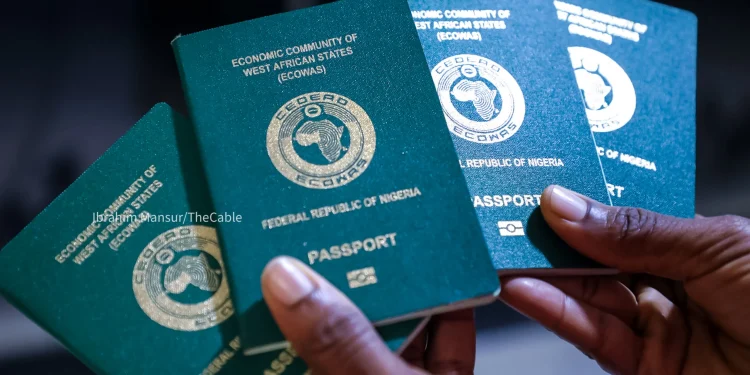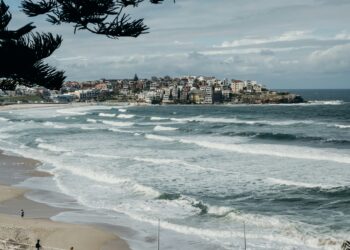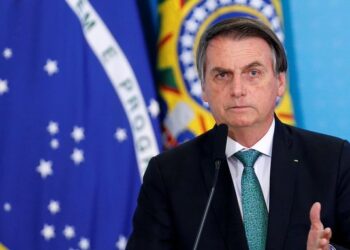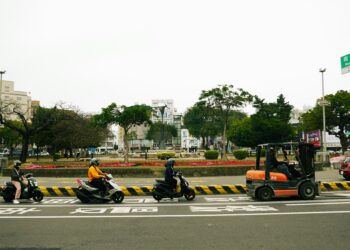The announcement that passport fees have been raised yet again is no small adjustment, it is a policy shift that puts international travel further out of reach for ordinary Nigerians. With the Nigeria Immigration Service now charging ₦100,000 for a standard 32-page passport and ₦200,000 for the 64-page 10-year option.
Civil society calls it progressive, but Nigerians feel punished
Civil society groups are urging citizens to support the hike, arguing that the money will modernise the system and bring Nigeria in line with global practices. They insist the move is “not punitive, but progressive.” But how many Nigerians earning ₦50,000 to ₦100,000 a month will see anything “progressive” in paying their entire monthly salary just to hold a passport?
The coalition may have a point about inflation and the need for reforms, but that does not erase the pain this policy inflicts on ordinary families. To the average trader, teacher, or student, these new fees feel less like reform and more like exclusion.
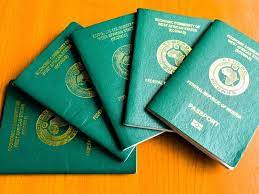
Passport fees now mirror Nigeria’s wider inequality
This latest hike is a reflection of the growing gap between the ruling elite and everyday citizens. For wealthy Nigerians, ₦200,000 is dinner money. For millions of others, it is the difference between survival and starvation. The passport once a symbol of national identity and mobility is now another reminder that in Nigeria, access often depends on your bank account.
A system that demands sacrifice from the poor
Supporters of the hike point to global standards, comparing Nigeria’s fees with those abroad. But what they ignore is that salaries and living standards abroad are not the same as here. A passport fee that looks normal in Europe is crippling in Nigeria. You cannot demand “global standards” for fees while delivering local-level poverty wages.
True reform should not only be about modernisation and technology upgrades. It must also balance access and affordability. Otherwise, reform becomes another word for exclusion.
Nigerians deserve more than lectures on patriotism
The coalition has urged citizens to show “patience and sacrifice” in the name of patriotism. But patriotism cannot mean that the poor always carry the heaviest burden. Nigerians already sacrifice through fuel hikes, electricity tariff increases, and endless taxes. Now even the passport a basic identity document, has been priced beyond the reach of many.
If the government truly wants Nigerians to accept this reform, then transparency and accountability must follow. Citizens deserve to see that every kobo collected is used to build a system that works one where passports are processed faster, corruption is reduced, and access is guaranteed for all, not just for the rich.

